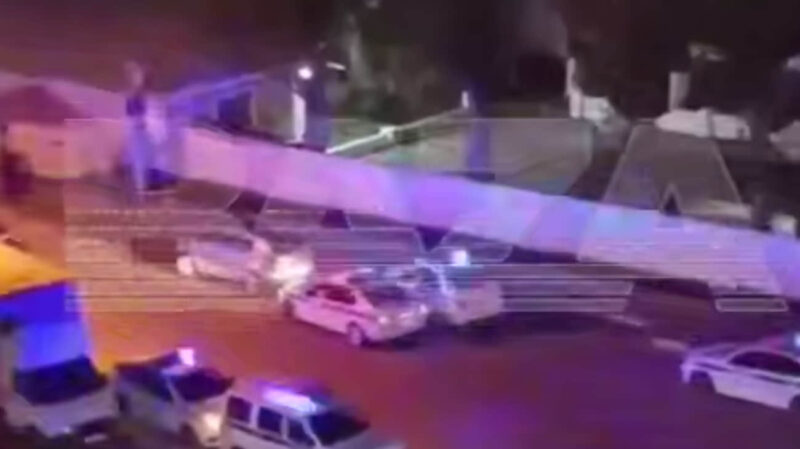In Krasnodar, a hundred servicemen attempted to escape from a military unit, which caused widespread resonance in Russian media and social networks

According to Telegram channels Baza and "Ostorozhno, novosti," the incident took place the day before, when more than a hundred soldiers—likely from a facility with a special regime of detention—made an attempt to run away. The tense environment and heightened tension around the unit were palpable — the area surrounding the military base was cordoned off by law enforcement, confirming the seriousness of the situation. Information from primary sources is currently limited; no official statements or announcements from the Russian Ministry of Defense have been received more than half a day after the incident, complicating the process of establishing a clear picture of the events. According to reports from sources, three servicemen managed to breach the system and were subsequently detained by law enforcement agencies. Another group of escapees—seven in total—were able to jump over the fence and disappear from the restricted zone. Meanwhile, it is known that four military personnel have already been detained, while three others remain at large. The incident has garnered extensive coverage — social media actively discusses the reasons behind this mass escape and the possible consequences for military leadership. Most analysts point out that such mass desertion cases in modern conditions indicate deeper systemic crises within the Russian army — from distrust and dissatisfaction with service conditions to weak motivation and insufficient training of personnel. It is worth noting that this event fits within a broader context of social unrest and decreasing military discipline, which is increasing among Russian troops. Experts and commentators warn that such mass escapes may indicate a rising level of desertion and dissatisfaction with the service, especially amid ongoing military operations and mobilization efforts. According to analytical reports, this case is particularly relevant in light of recent mass desertion phenomena, raising concerns among experts and military specialists. They emphasize the need for thorough analysis of the situation, reform of the personnel management system, and strengthening security and control measures. The wider public, analysts, and independent experts note that this situation points not only to isolated acts of disobedience but also to deeper systemic problems within the Russian military. The growing level of low-level desertion could adversely affect combat capability and the morale of troops, which is especially critical during active hostilities. For the public and military experts, it is important to monitor further developments, as such incidents may serve as signals of deteriorating conditions in Russia’s military forces, potentially increasing tension within military structures and prompting discussions on reforming and boosting soldier motivation.

